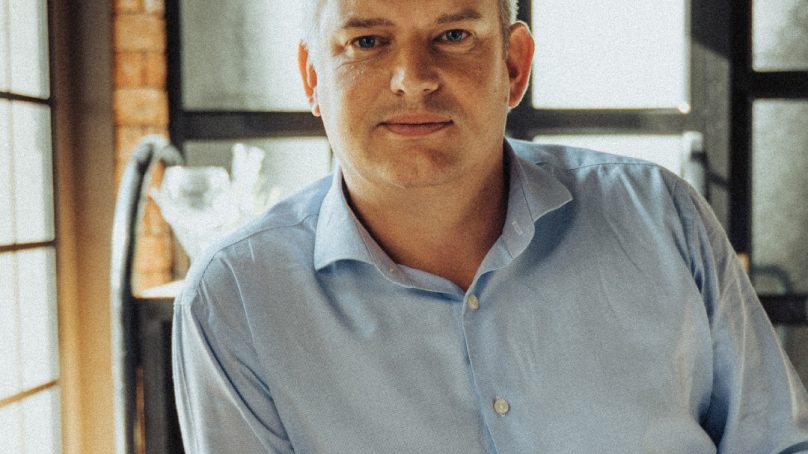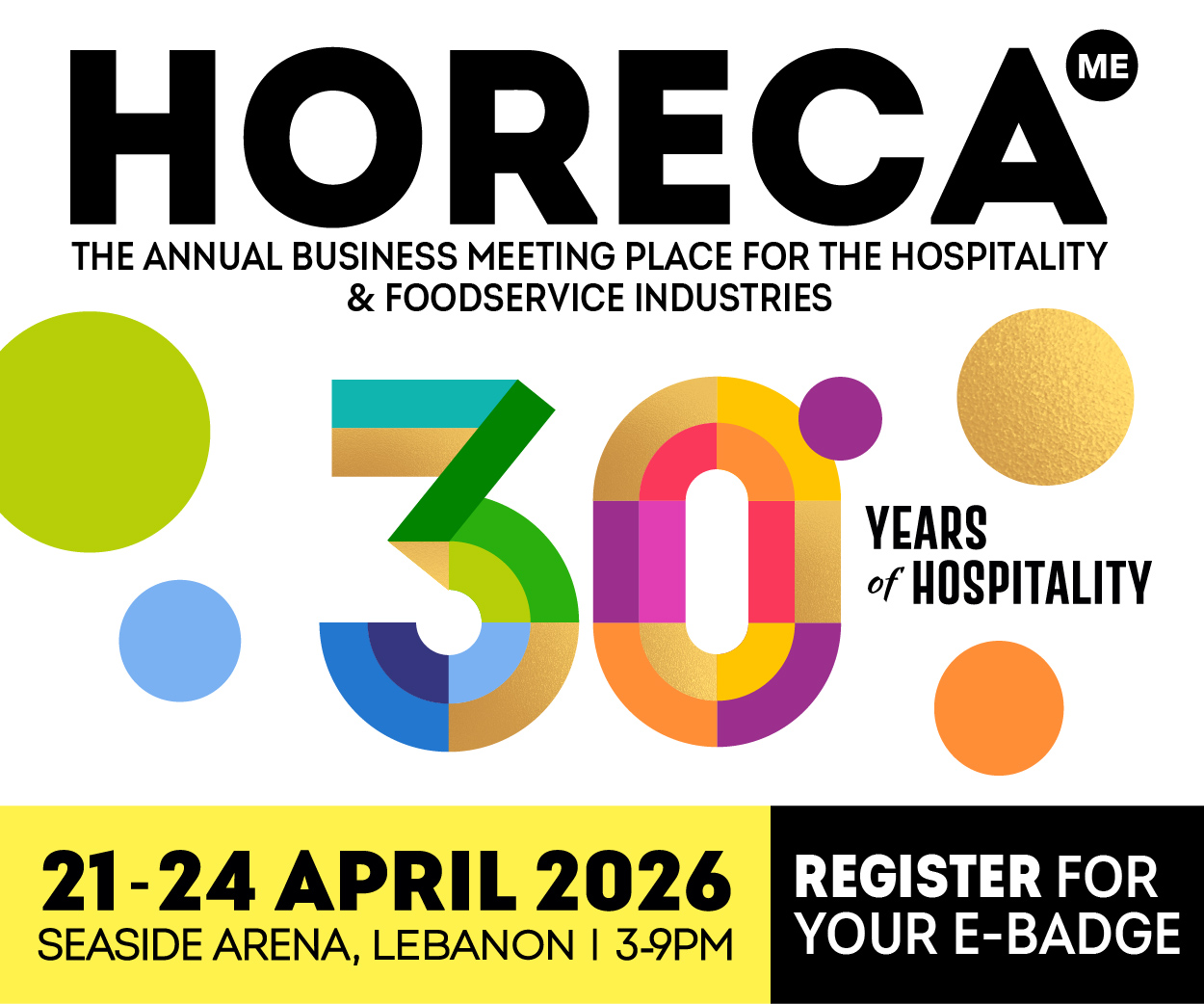

The global coffee industry is worth over USD 220 billion, having grown by 30 percent in the last two years alone. While the market remains dominated by large-scale brands, independent coffee operators and specialty roasteries are increasing their share, particularly in dynamic markets, like Dubai. As neighborhoods undergo redevelopment and developers seek unique concepts to distinguish their projects, coffee businesses must leverage their brand personality to stay competitive. Cultivating a distinct identity is essential, in an industry where customer loyalty is driven by more than just the quality of the product quality. This applies to both multinational chains and independent cafés.
The strength of large-scale brands
Established coffee chains hold significant advantages, built on years of brand recognition and consumer trust. Their strengths lie in their ability to provide consistency, familiarity, brand loyalty and global representation. Customers know what to expect from their coffee, whether they are in Dubai, London or New York, creating a reliable experience that fosters trust. The ubiquity of large-scale brands ensures they are often
the first choice for consumers seeking convenience, particularly in high-traffic areas. Many of these global coffee chains have also cultivated strong customer loyalty through rewards programs, marketing campaigns and limited-time offerings, encouraging repeat business. Additionally, their expansive presence allows them to dominate airports, shopping centers and major urban hubs, ensuring widespread accessibility and reinforcing their brand identity.
However, as the market matures, consumer expectations have evolved. Increasingly, customers are looking for more than just a reliable caffeine fix; they seek experiences that align with their values and aspirations. This shift has opened up opportunities for independent operators who can differentiate themselves through a strong brand personality.
The rise of independent operators
The coffee culture has seen a significant shift in regional hubs, with independent roasteries and specialty coffee shops gaining traction. These operators offer a distinct alternative to the predictable uniformity of corporate coffee brands.
Several factors contribute to their success. Independent operators often work with niche coffee suppliers and small-batch producers, offering single-origin specialty coffees alongside expertly crafted blends.
The focus on the provenance of ethically sourced coffee beans enhances their appeal to discerning consumers. Customers today want to know where their coffee comes from, who farmed it and how it was processed. Independent brands place a strong emphasis on storytelling, highlighting the journey from bean to cup.
Tapping into local culture
Unlike mass-market chains, independent coffee businesses can create unique environments that resonate with local communities. From bespoke interior designs to art installations, these spaces feel more authentic and tailored. Many independent coffee brands integrate art, music and cultural collaborations, making them an intrinsic part of creative hubs. This not only attracts a loyal customer base but also strengthens their role in shaping the city’s lifestyle scene. Alserkal Avenue in Dubai is one example.
Sustainability has become a major selling point for coffee businesses, with consumers increasingly conscious of the environmental and social impact of their choices. Independents have been at the forefront of offering biodegradable packaging, direct trade coffee and zero-waste initiatives. The role of the barista in independent coffee shops goes beyond making drinks. Customers expect engaging conversations about flavor profiles, brewing techniques and the origins of their coffee. This level of personal interaction creates a deeper connection between the brand and its audience.
Creating a competitive advantage
For businesses within the F&B industry, particularly those in coffee operations, brand personality is not just a marketing tool, but a necessity. With competition intensifying, differentiation is crucial.
A strong brand personality helps coffee businesses stand out through visual identity. From logo design to packaging, a coffee brand’s aesthetic plays a significant role in consumer perception. Independent cafés often adopt unique, locally inspired designs that make them instantly recognizable.
Tone of voice is another key factor. Whether through social media, advertising or in-store interactions, the way a brand communicates influences customer engagement. A conversational and knowledgeable approach can reinforce authenticity and expertise, making the brand more relatable.
Experiential marketing also plays a crucial role in differentiation. Hosting workshops, cupping sessions and collaborative events strengthens a brand’s connection with its audience. These experiences add value beyond just selling coffee, creating memorable interactions that foster loyalty.
Differentiation through innovation is equally important. New brewing methods, signature drinks and limited-time offerings contribute to a brand’s distinctiveness. Creating exclusive products, such as locally inspired flavor profiles, helps cultivate a strong identity and ensures continued interest from consumers.
Enhancing urban hubs
Beyond the individual brand, coffee businesses are playing a central role in shaping urban landscapes. Developers are increasingly turning to independent cafés to create a sense of community and vibrancy in emerging districts. Unlike cookie-cutter chains, independent operators offer unique experiences that align with the architectural and cultural vision of a neighborhood.
Dubai’s urban developments, from creative hubs like Alserkal Avenue to waterfront destinations like Al Seef, have made coffee culture a cornerstone of their identity. The presence of carefully curated coffee brands enhances the appeal of these spaces, making them more attractive to residents, tourists and businesses alike.
Coffee for thought
As the coffee industry continues to grow, brand personality will remain a key differentiator for both multinational chains and independent operators. While large-scale brands benefit from consistency and recognition, independents have the advantage of agility, authenticity and cultural relevance. By investing in storytelling, design, sustainability and customer engagement, coffee businesses can strengthen connections with their audience, ensuring long-term success in an ever-evolving market.
For F&B professionals looking to invest in or manage coffee businesses, understanding the impact of brand personality is essential. Those who can successfully blend quality with experience, culture and identity will be best positioned to thrive in this highly competitive space.

Richard Cowling,
director of operations at Gates Hospitality
gateshospitality.com
@gateshospitality






